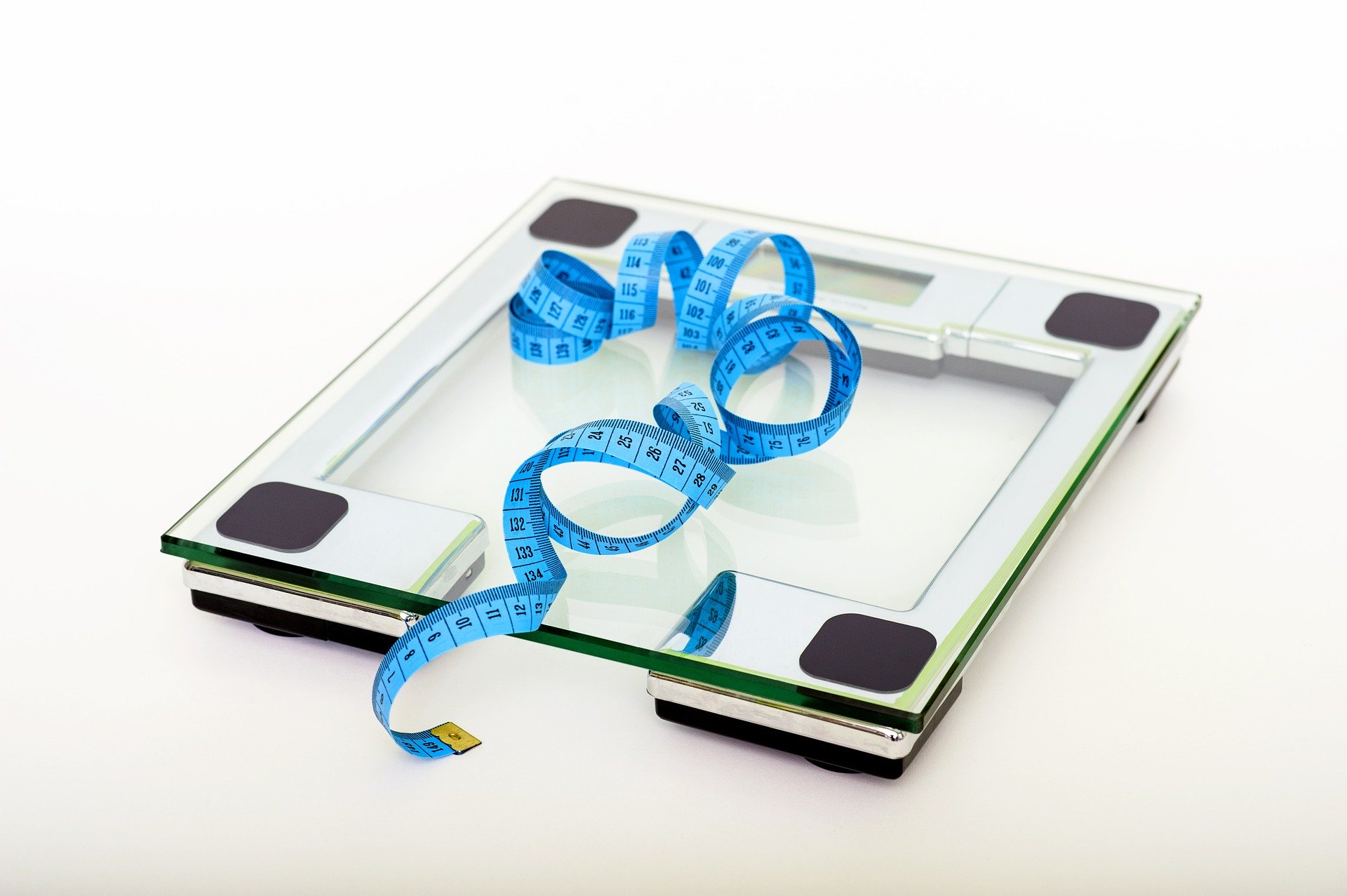I was curious to find out the average weight loss for gastric bypass patients, so that I could reality-check my expectations.
I have this goal in my head that I’d like to get down to 105 kg, which for a man of my height would take my BMI below 30, and make me officially ‘Overweight’ rather than ‘Obese’. Some might say that I should be aiming for a more ambitious goal, and try and get my BMI down below 25 into the ‘Normal’ weight category. However I wanted my goal to be achievable and realistic.
I found a blog article about how much weight you lose in a month, and I decided to use the information in it to check out if my 105 kg goal is realistic, not ambitious enough, or too ambitious.
The article talks about calculating my Ideal Body Weight, and working from there. And according to their chart, my Ideal Body Weight is 171 lbs or 77.6 kg.
From there I need to calculate my Excess Body Weight, which is the amount of weight I am above my Ideal Body Weight. In my case, on the day of my surgery my Excess Body Weight was 86.1 kg.
Expected excess body weight loss
Different bariatric procedures seem to have different results in terms of the amount of the Excess Body Weight that will be lost:
- Roux-en-Y Gastric Bypass : 70% of excess body weight will be lost
- Vertical Sleeve Gastrectomy: 60% of excess body weight will be lost
So with my Excess Body Weight of 86.1 kg, and an expected loss of 70%, then my expected loss is 60.3 kg, and my expected final body weight is 103.4 kg.
As such, my personal goal of 105 kg actually seems about right.
Expected first month weight loss
The article also says that gastric bypass surgery patients generally lose about 17% of their excess weight in the first month.
For me, 17% of my excess body weight is 14.6 kg. But in the first month I lost 10.9 kg, which is just under 13% of my excess weight.
However this 17% goal is based upon a US bariatric post-op diet that seems to be a lot more restrictive than the one I’m on. It has patients on liquids for 2 weeks, pureed food for another 2 weeks, and then soft food for another 12 weeks. Whereas my bariatric team had me on liquids for only 1 day after surgery, then pureed foods for the rest of that week, and soft foods for the next 5 weeks.
So I guess I’ve probably been consuming more calories in my first month than a typical person following the US diet. So I’m not going to worry about not hitting this 17% target.






Leave a Comment